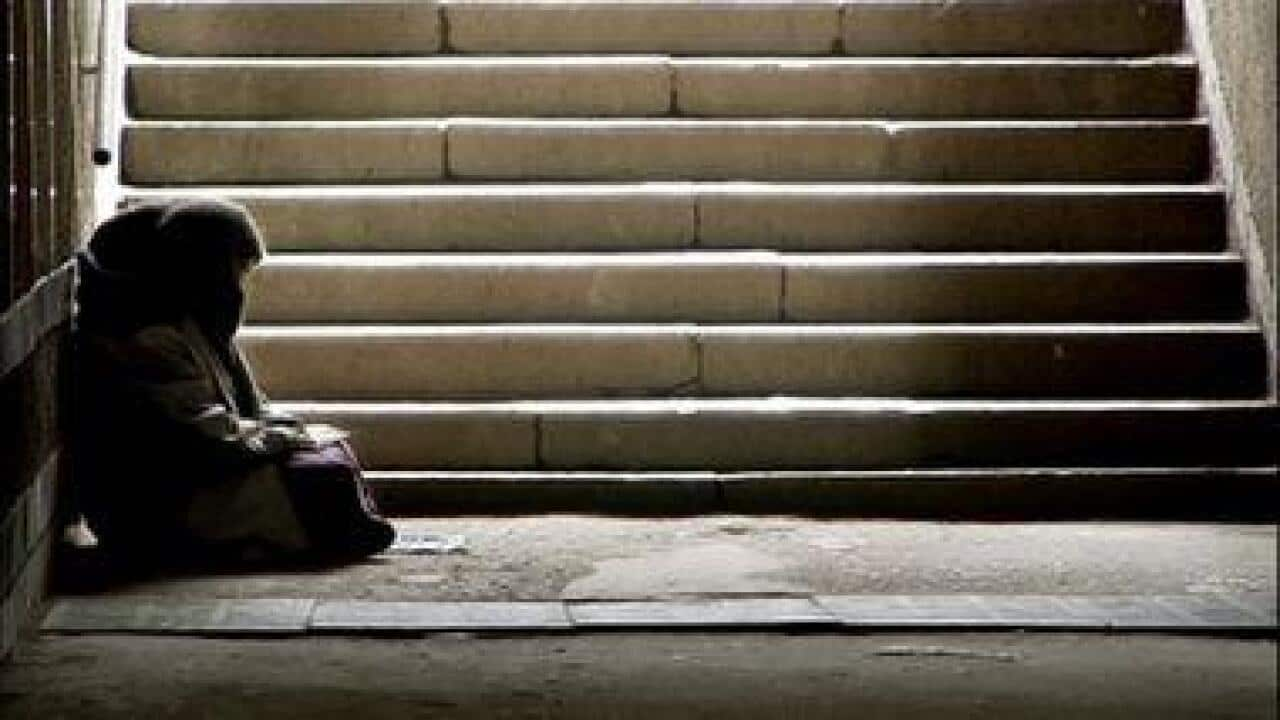The 'Lancet-Lowitja Institute Global Collaboration: Indigenous and tribal people’s health' study shows that 56 per cent of Indigenous households had incomes less than US$420 per week (the wealth measure for Australia) compared to the non-Indigenous population at 38 per cent.
About 24 per cent of New Zealand’s Māori households had a disposable income with less than 60 per cent of the median (New Zealand’s measure of wealth) and 12 per cent of its non-Indigenous population was in the same circumstance.
“Aboriginal and Torres Strait Islander Peoples [in Australia] remain the most significantly disadvantaged group in Australia,” human rights organisation Oxfam reports on its website. “Decades of racism and dispossession are reflected in the disproportionate levels of poverty.”
But the disparity between Māori and non-Indigenous populations in New Zealand is more severe (50 per cent gap) compared to in Australia (32 per cent gap).
“Sometimes the struggle is real,” Janell Dymus-Kurei, a young woman of Māori descent, said in late 2015 during a TacklingPovertyNZ workshop.
The initiative, from the New Zealand Treasury and the think tank, McGuinness Institute, was set up discuss how to combat poverty and present its findings to NZ Parliament.
Ms Dymus-Kurei says she grew up in poverty and remembers sleeping in the local park as young as four.
“Poverty is a word cast on us by a system that’s not actually set up to support us. Us as Māori who suffer grossly from the economic disparities of our people.”
The New Zealand government says some factors contributing to poverty include the benefit system, which is “not enough to live on with dignity”, and “inadequate” housing assistance.
The research, conducted by medical journal The Lancet and the Lowitja Institute, Australia’s national institute for Indigenous health research, analysed the quality of life of 28 Indigenous populations in 23 countries across the globe, or about 50 per cent of the world's Indigenous people.
Countries included Australia, New Zealand, Canada, India, Pakistan, Colombia, Panama, Nigeria and Myanmar, among others.
Indicators spanned infant mortality, maternal deaths, poverty, nutritional status and educational attainment.
Romlie Mokak, chief executive of the Lowitja Institute, says global collaborating for the study produced valuable information.
“The study highlights the importance of global networks that bring together Indigenous health experts, academics and policymakers to effective outcomes for First Peoples.”
Stephanie Clark of the The Lancet told 'The Point' its aim was to establish a baseline of health measures to compare in the future.
She adds she hopes "governments will take notice of the poor state of health of the Indigenous groups we looked at."
In 2009, a UN report suggested there were 90 countries with Indigenous people.
The estimated population of Indigenous people is at about 302 million with India and China home to the most.

Source: The Point



